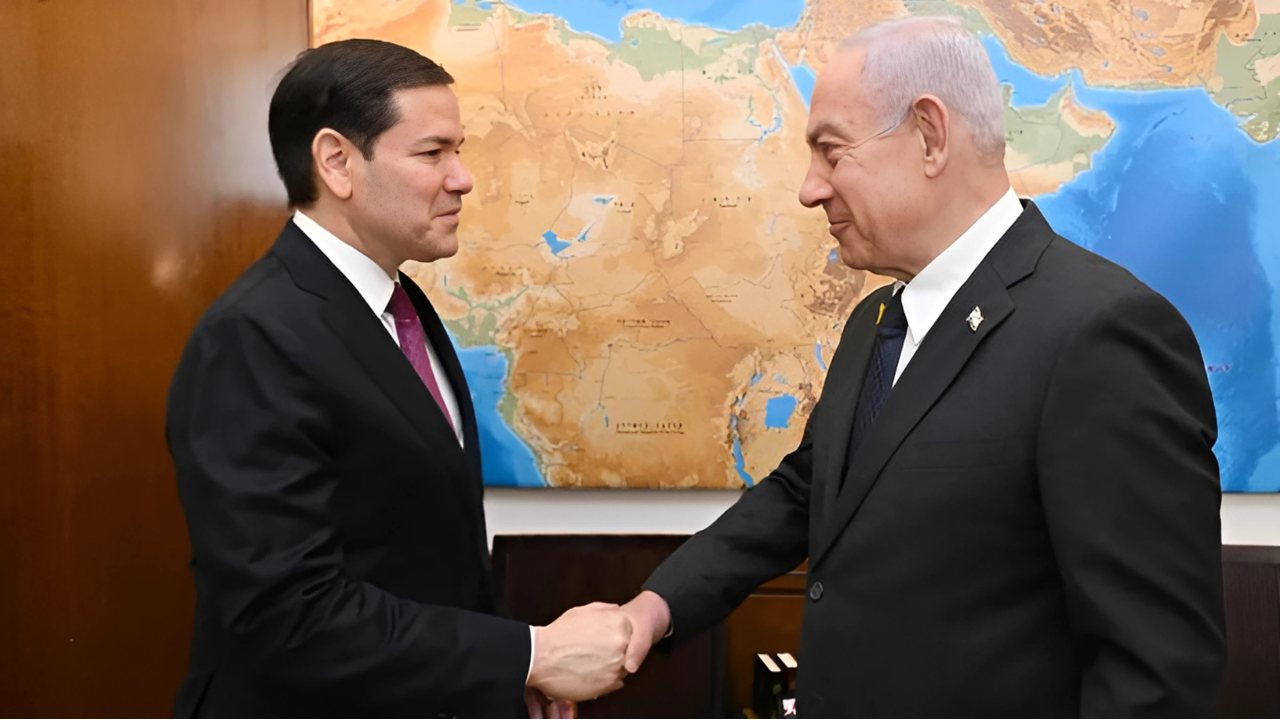
Post by : Naveen Mittal
Israeli Prime Minister Benjamin Netanyahu has said that Hamas leaders will not be safe, even outside Gaza. His comments came after last week’s attack in Qatar, which killed six people but missed Hamas’s top leaders. The attack caused international outrage, as Qatar is a close ally of the United States.
Speaking at a press conference in Jerusalem alongside US Secretary of State Marco Rubio, Netanyahu insisted that Israel had the right “to defend itself beyond its borders.” He confirmed that the strike in Qatar was carried out only by Israel, without any US involvement.
The strike embarrassed Washington because Qatar hosts a major US airbase and plays a key role as a mediator in the Gaza war. US President Donald Trump assured Qatar that such an attack would not happen again. But Netanyahu’s latest words suggest Israel may continue to target Hamas leaders abroad, regardless of political fallout.
Rubio, while trying to calm concerns, said the US still had strong ties with Gulf countries. He praised Israel as a close partner, while Netanyahu described the US-Israel relationship as “unbreakable.” Still, the press conference highlighted clear tensions.
At the same time, Arab leaders gathered in Qatar for a special summit. They condemned Israel’s actions and called the strike “cowardly and illegal.” Qatar’s prime minister urged the world to punish Israel and to end double standards in global politics. Many countries in the region fear that if Israel continues to hit foreign capitals, no place will be safe.
Some leaders went further. Turkey called for economic pressure on Israel. Pakistan asked the United Nations to suspend Israel’s membership. Iran and Malaysia called for cutting ties and sanctions. But the joint declaration at the summit remained mostly symbolic, offering solidarity without firm action.
While leaders exchanged words abroad, the situation inside Gaza worsened. Israel continued heavy strikes on Gaza City, demolishing residential buildings and preparing ground operations in western neighbourhoods.
The Israeli army ordered people to leave the city and head south, but hundreds of thousands remain trapped. Many families say they cannot leave because they have no money, tents, or transport. Some tried moving south but returned when they found no shelter.
“They are asking us to leave as if it’s a picnic,” said Gaza resident Hafez Habous. “We don’t even have food for tomorrow, let alone money for tents.”
The United Nations has warned that Israel’s push into Gaza City could create a deeper humanitarian disaster. A famine has already been declared in parts of northern Gaza, and aid agencies fear that more displacement will lead to starvation and disease.
Meanwhile, Israel is also pushing forward with settlement plans in the occupied West Bank. Netanyahu recently signed final approval for the controversial “E1 project,” which would divide the territory in two, cutting Palestinian communities apart.
He openly declared that Israel would never allow a Palestinian state, insisting the land “belongs to us.” His far-right ministers are demanding annexation of most of the West Bank. More than 160 settlements with 700,000 Israelis already exist, alongside 3.3 million Palestinians who see the land as part of their future homeland.
The settlements are considered illegal under international law, but Israel continues expanding them. Critics say this policy kills any hope of peace.
During Rubio’s trip, he and Netanyahu visited the Western Wall in Jerusalem’s Old City, calling their alliance strong. Rubio also planned visits to controversial archaeological sites in East Jerusalem, where Palestinians accuse Israel of using history as a tool for politics.
Despite symbolic shows of unity, the growing gap between Israel’s hardline actions and international expectations is widening. As several Western countries prepare to recognise the State of Palestine at the UN General Assembly, Israel is doubling down on its stance.
Netanyahu’s refusal to rule out further strikes abroad raises fears of the conflict spilling beyond Gaza. Targeting Hamas leaders outside Palestine could draw other countries directly into the crisis.
With Gaza under siege, the West Bank facing annexation, and Arab nations demanding action, the region stands at a critical point. Whether world powers step in or remain on the sidelines will decide how far this conflict spreads.

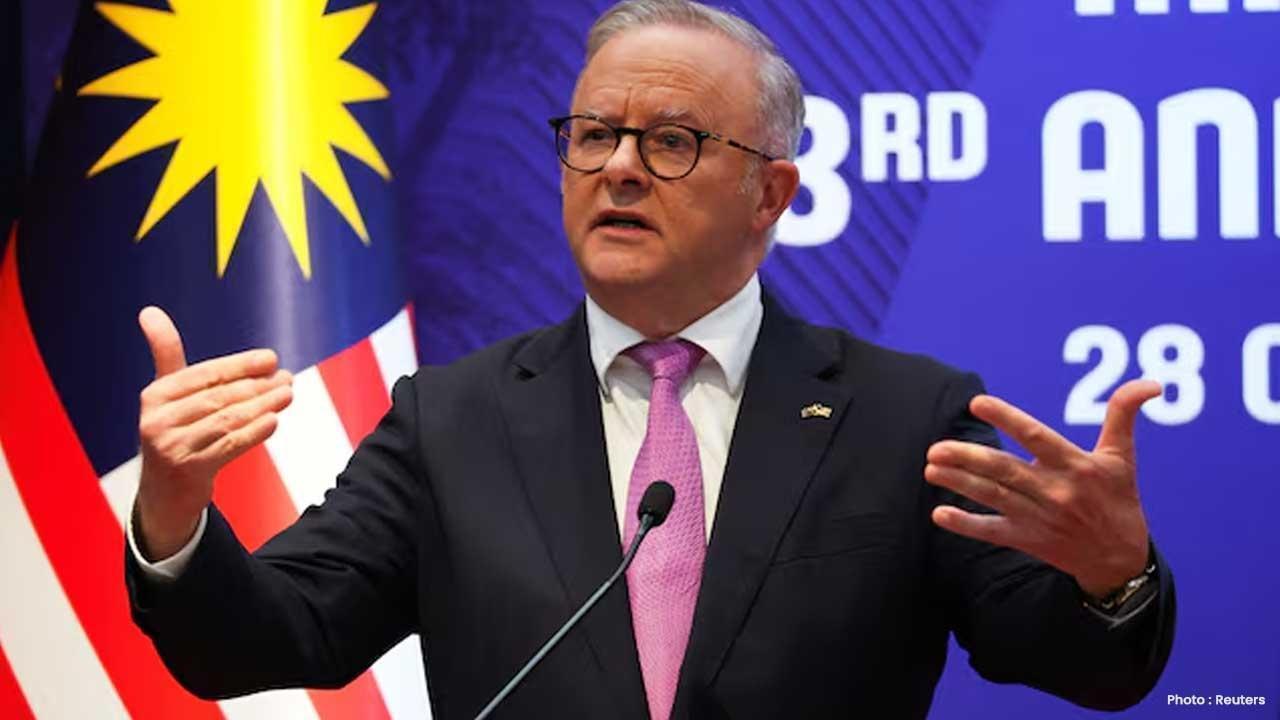

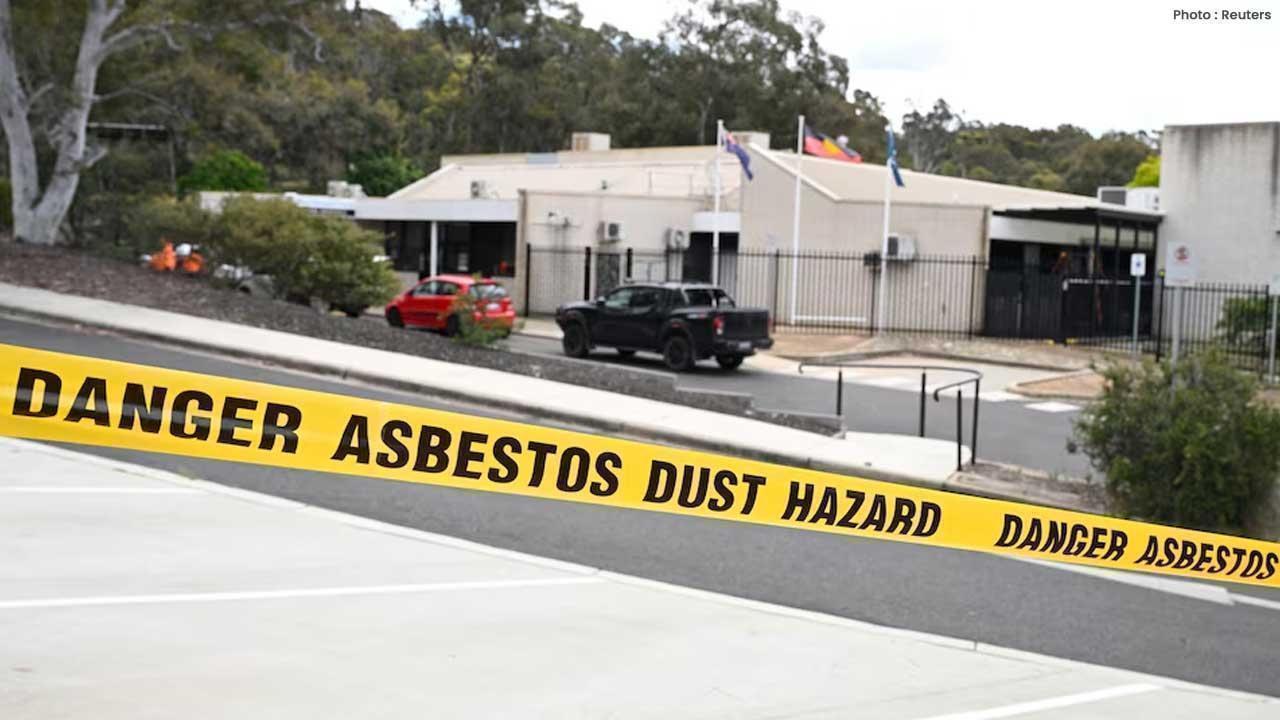

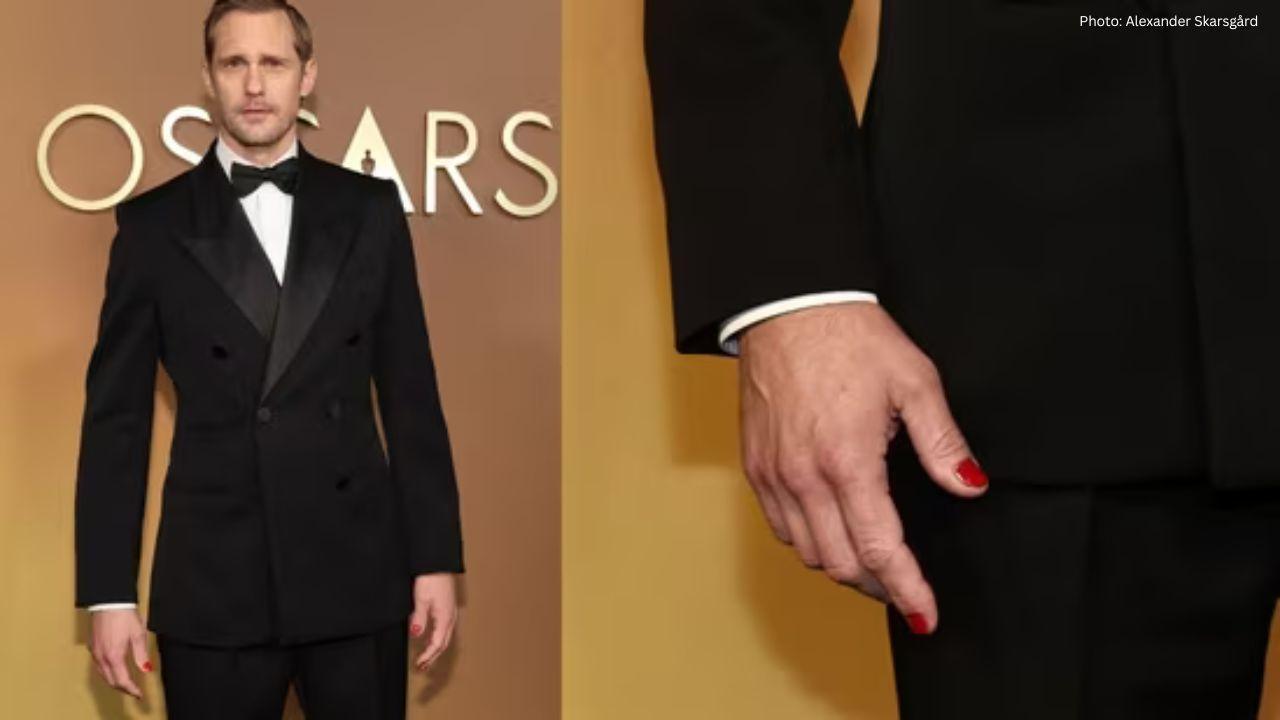
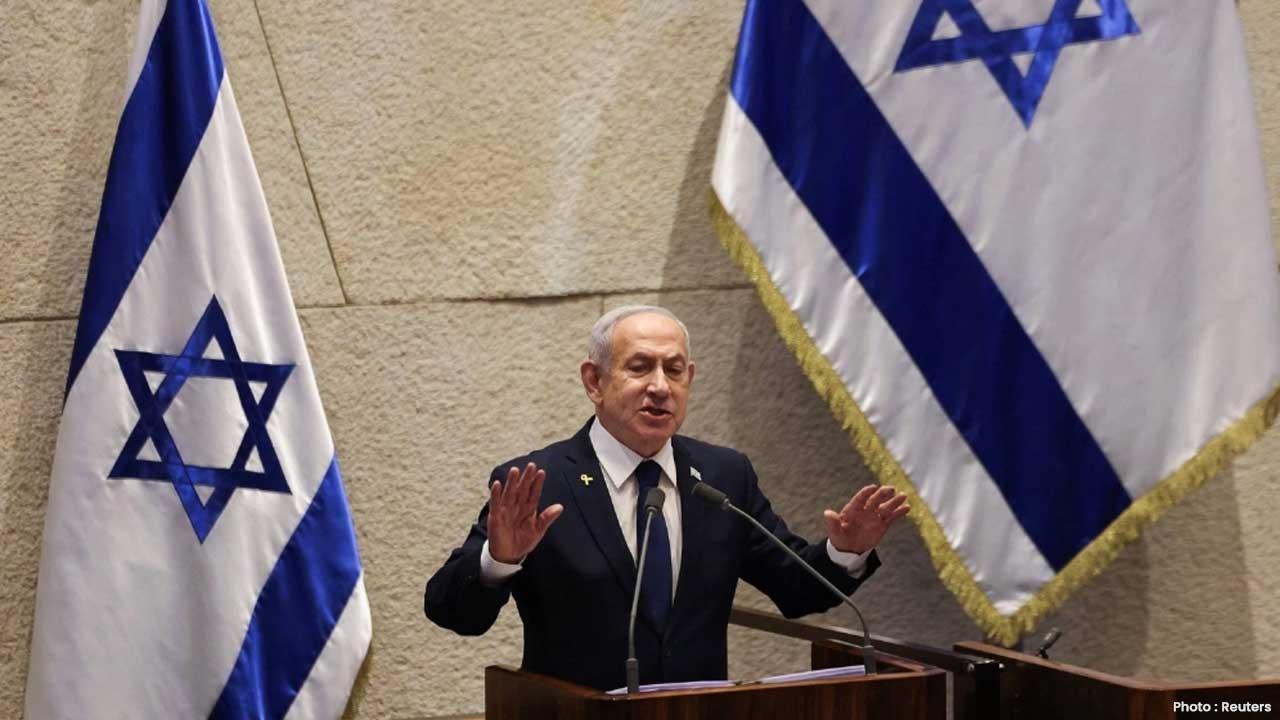
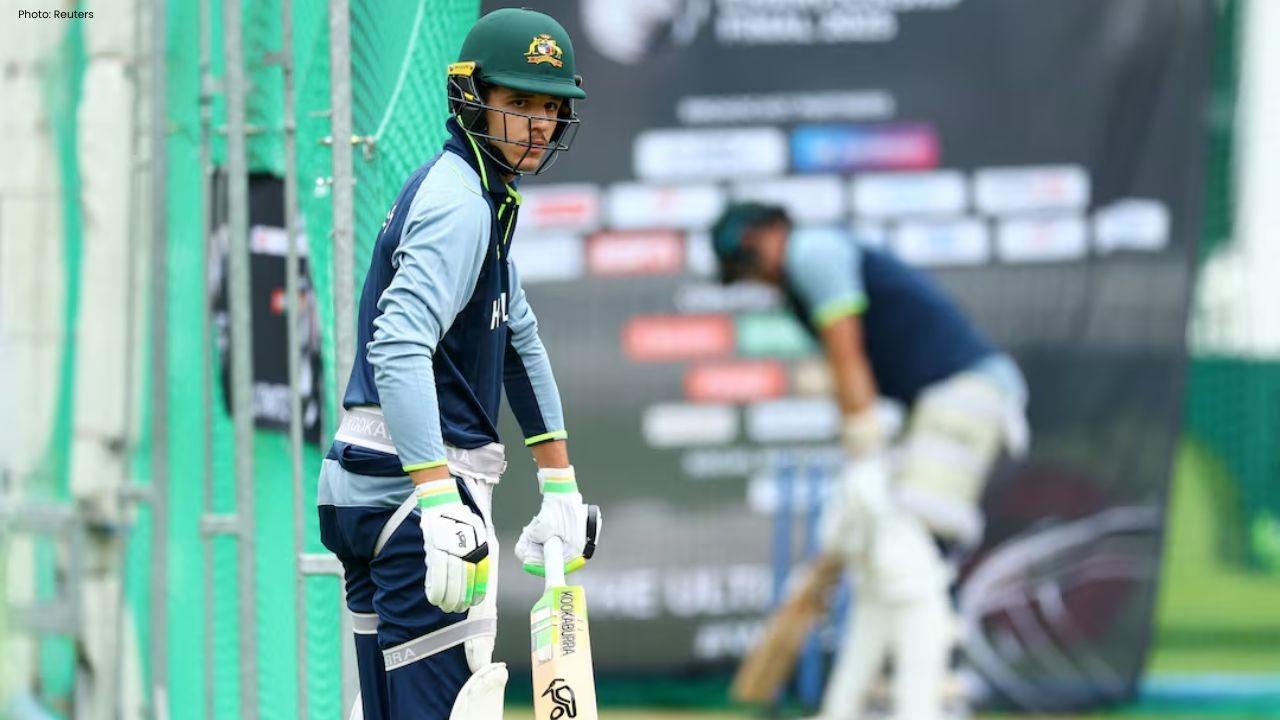
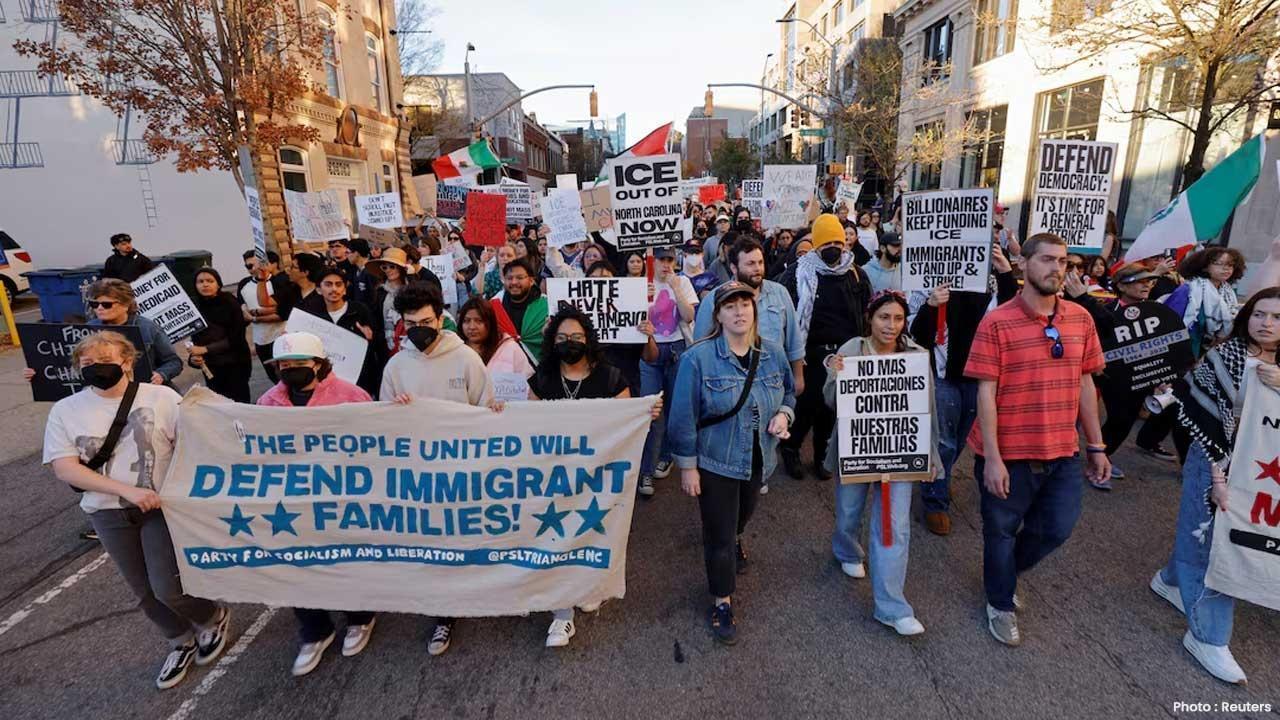

Josh Naylor Returns to Seattle Mariners with New Five-Year Deal
Josh Naylor signs a five-year contract to return to the Mariners, aiming to leverage his performance

Siya Kolisi Scores Big in Rugby and Enjoys ATP Finals Festivities
Siya Kolisi leads South Africa to victory and relishes in lively ATP Finals at Turin, showcasing his

Australia's Young Talent Shines in England Warm-Up Match Selection
Australia names Sam Konstas in the PM XI for an important warm-up against England, highlighting his

Sinner Triumphs Over Alcaraz in Turin Finale
Jannik Sinner clinches the season-ending title in Turin, defeating Carlos Alcaraz in a fiercely cont

Red Wings Triumph Over Rangers with Raymond’s Late Goal
The Detroit Red Wings secured a 2-1 win against the Rangers, highlighted by Lucas Raymond's late thi

Minnesota Wild Secures OT Victory Over Vegas with Boldy and Kaprizov
The Minnesota Wild triumphed 3-2 in overtime against the Vegas Golden Knights, thanks to a vital pla